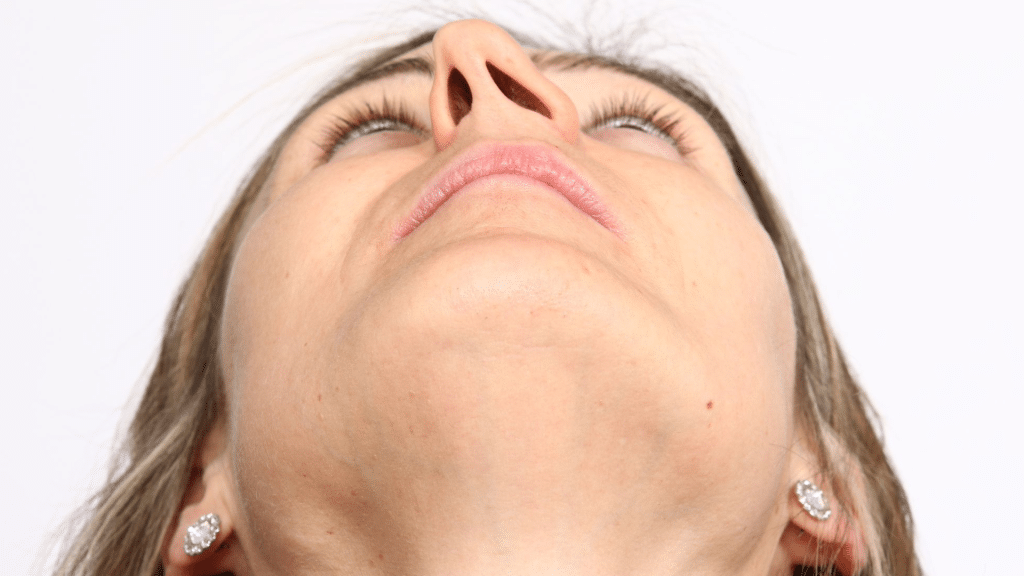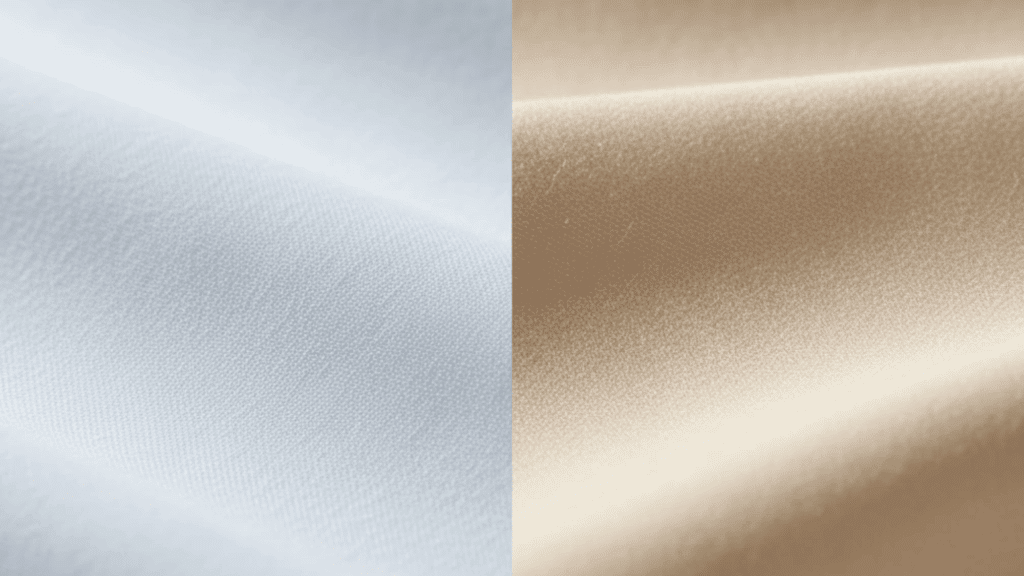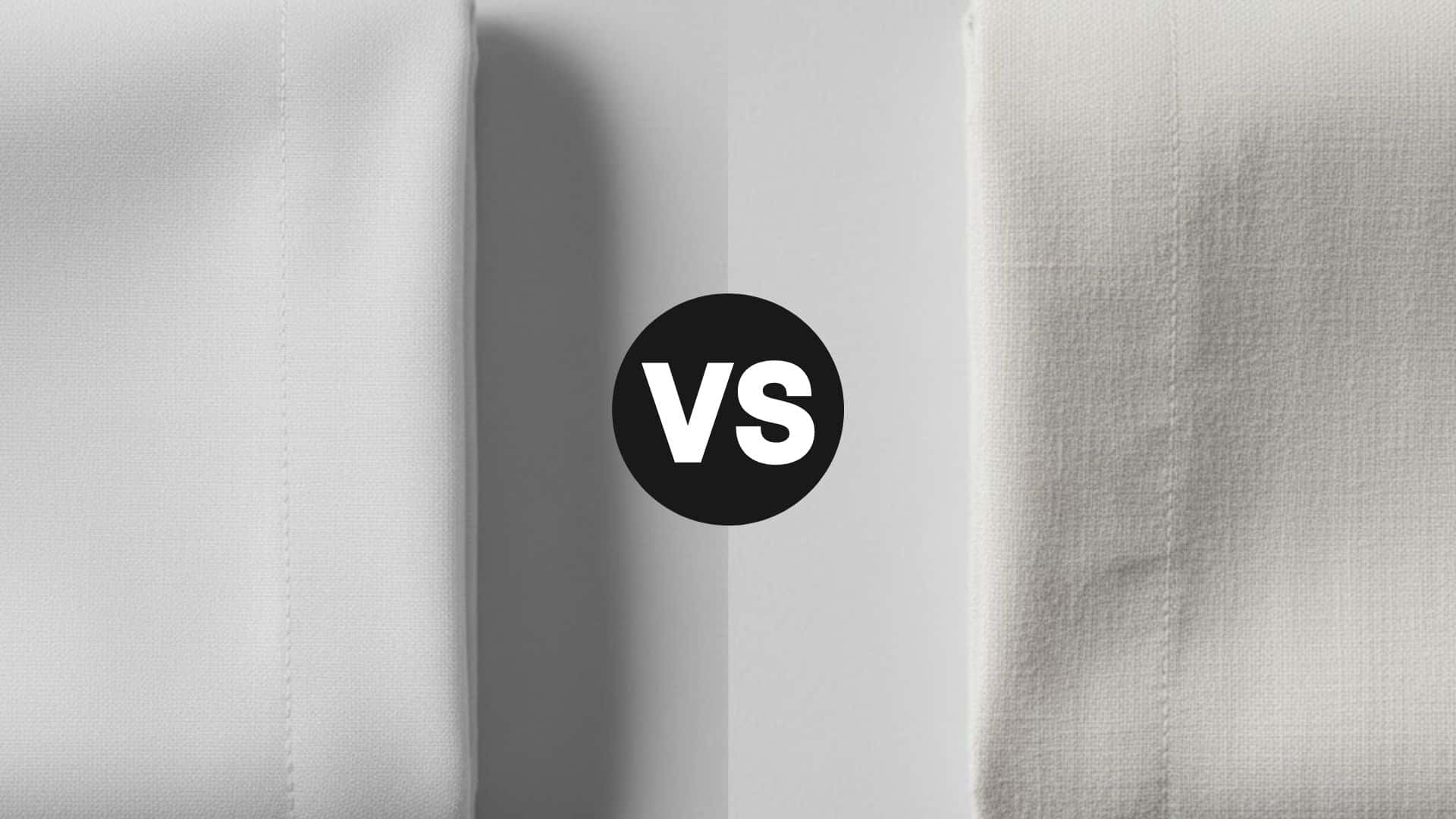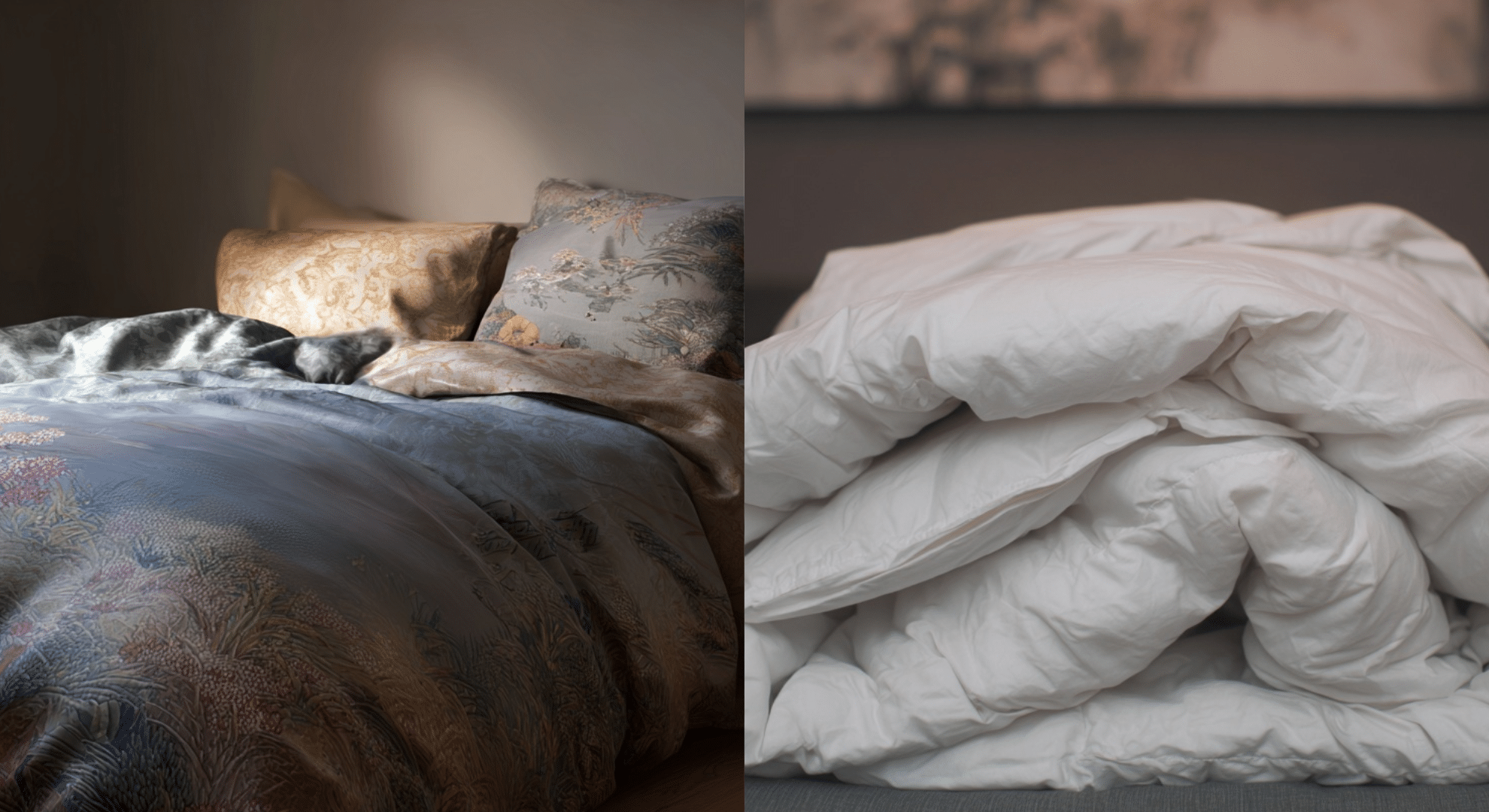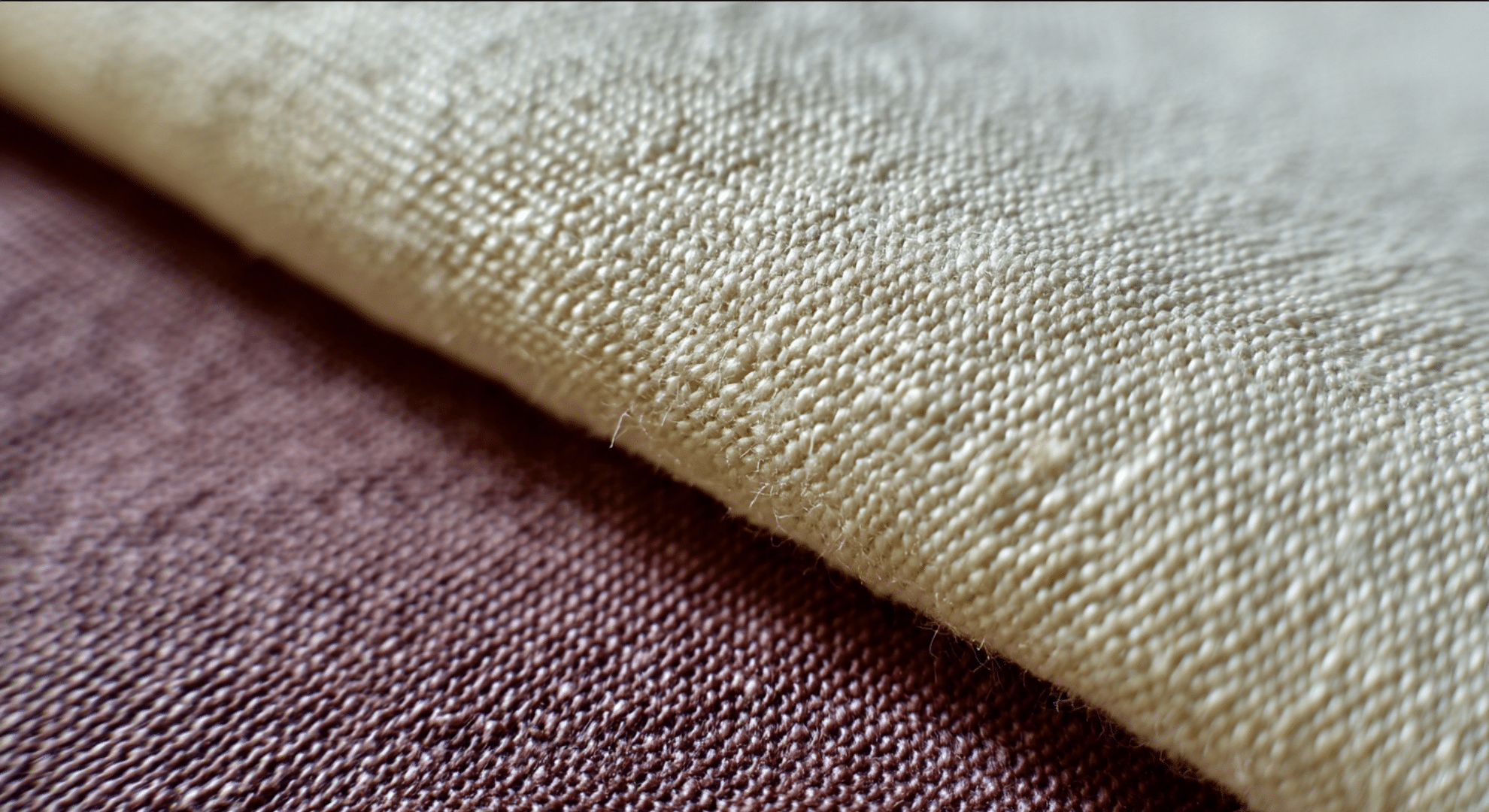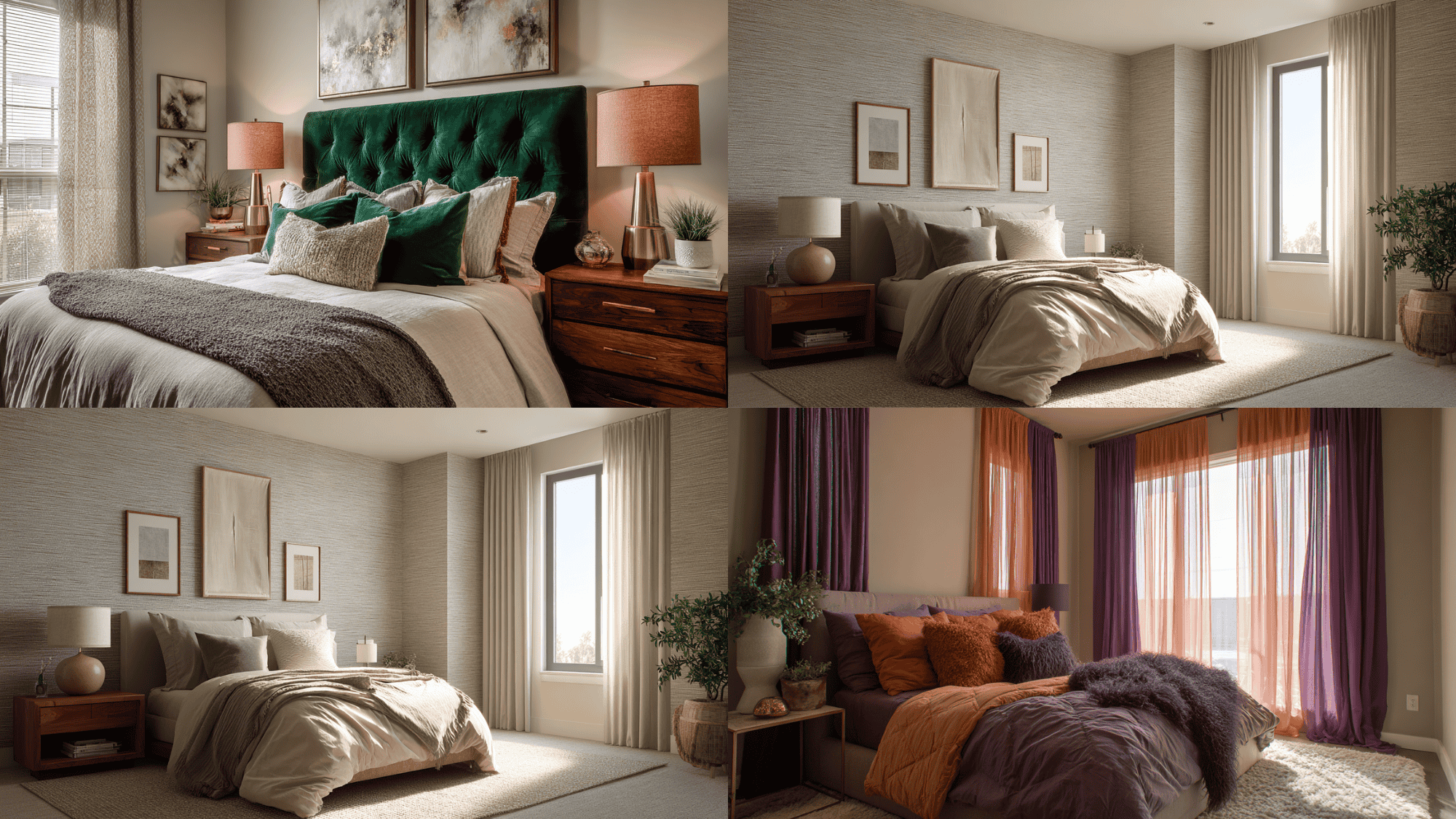It’s hard to sleep well when your nose always feels blocked. Maybe you’ve tried mouth breathing, nasal strips, or sleeping upright just to get through the night.
If that sounds familiar, you might be wondering, can a deviated septum cause sleep apnea, or at least make it worse? This is where nasal structure and sleep disorders meet.
I’ll walk you through how these two issues connect, how one can affect the other, and what you can do about it. If breathing through your nose feels like a daily struggle, this might be the piece you’ve been missing.
Let’s find out if your nose is part of the reason you’re not sleeping well.
The Link Between a Deviated Septum and Sleep Apnea
A deviated septum and sleep apnea can be connected in ways that affect your breathing and sleep quality.
Understanding this link can help you find the right treatment and improve your rest.
What is a Deviated Septum?
A deviated septum means the thin wall between your nasal passages is off-center. This can block one or both sides of your nose. Many people search for information on deviated septum sleep apnea or wonder if a deviated septum causes sleep apnea, reporting symptoms such as nasal congestion, headaches, or dry mouth.
You might notice trouble breathing through your nose, especially at night. This issue can make it harder to sleep well, especially if you also snore or breathe through your mouth while resting.
What is Sleep Apnea?
Sleep apnea is a condition where breathing stops and starts while you sleep. The most common type, obstructive sleep apnea (OSA), happens when your airway collapses or becomes blocked.
People with OSA often snore, feel tired during the day, or wake up gasping for air. It can lead to more serious problems, such as high blood pressure or heart strain, especially if left untreated. This condition is common and often linked to mouth breathing or poor sleep quality.
What is Upper Airway Resistance Syndrome (UARS)?
UARS is a mild form of sleep-disordered breathing. It involves increased resistance in your airway during sleep, but without full pauses in breathing like in sleep apnea. A blocked nose from a deviated septum can make UARS worse by narrowing airflow.
People with UARS may feel tired even after sleeping for hours. They may not snore loudly or stop breathing, which makes it easy to overlook. Still, it can affect daily energy and focus over time.
Can a Deviated Septum Cause Sleep Apnea?
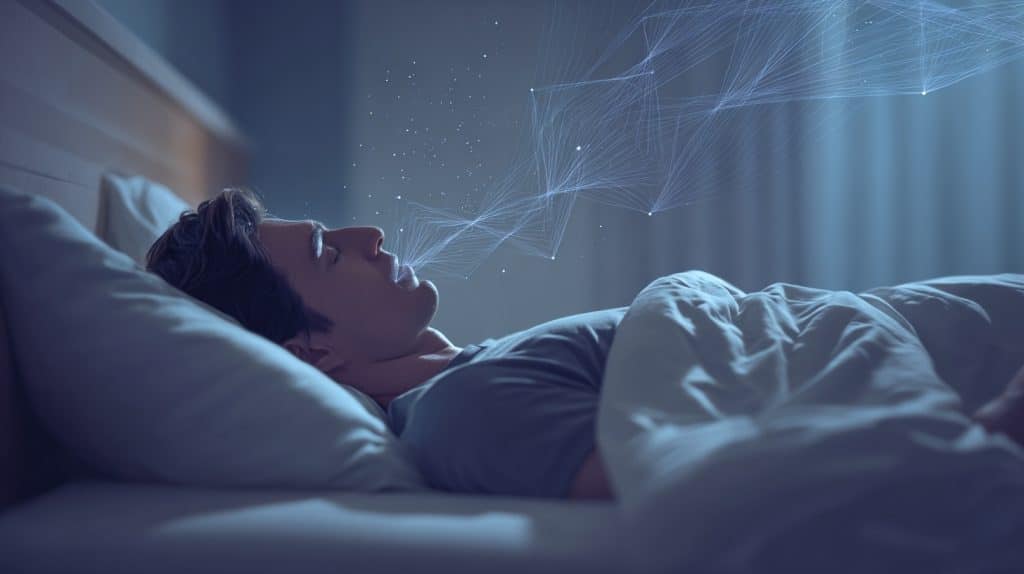
Although a deviated septum does not directly cause sleep apnea, the link remains important. A blocked nasal passage makes it harder to breathe through your nose. This often leads to mouth breathing, which increases the risk of airway collapse during sleep.
That collapse is a key part of sleep apnea. So, while a deviated septum doesn’t start the problem, it can make existing breathing issues worse and lead to more symptoms over time.
Scientific Evidence
Studies show a connection between severe nasal blockage and poor sleep. One 2021 study from the NIH (National Institute of Health) found that people with major septal deviation were more likely to be diagnosed with obstructive sleep apnea.
This supports what many doctors already observe in practice. However, not all cases of apnea are caused by nasal structure. Experts agree that a deviated septum can be a key factor, but not the only one, in sleep-disordered breathing.
Common Risk Factors that Worsen Both Conditions
Several things can make sleep apnea worse if you already have a deviated septum. These include obesity, enlarged tonsils or adenoids, and chronic sinus issues. Sleeping on your back can also increase the risk of airway collapse.
When these factors combine with a blocked nose, they can raise your chances of experiencing poor sleep or breathing problems. Treating one issue may help, but it’s important to address all contributing factors for the best results.
How to Tell If Your Septum is Causing Sleep Issues
Knowing what to watch for can help you determine if your nasal blockage is affecting your sleep quality or breathing.
- You often wake up with a dry mouth or sore throat
- One side of your nose always feels blocked
- You snore more when you have nasal congestion
- You rely on mouth breathing during sleep
- You feel tired even after sleeping 7–8 hours
- Your partner notices pauses in your breathing
- Nasal strips or sprays offer only short-term relief
- You switch sides at night, trying to breathe better
- You wake up with headaches or pressure around your nose
- You’ve tried CPAP but still feel stuffed up or uncomfortable
These signs may point to your septum playing a role in your sleep problems. If they sound familiar, it’s worth discussing them with a healthcare provider.
Treatment Options and Considerations

Find the most common treatments for nasal blockage and sleep apnea, and how they may work alone or in combination.
1. CPAP With a Deviated Septum
Nasal obstruction can make CPAP harder to use. Airflow may not pass smoothly through a blocked nose, reducing the therapy’s effectiveness. Many people with deviated septum and sleep apnea symptoms find that nasal rinses or full-face masks improve comfort.
A humidifier may also help reduce dryness or stuffiness. If CPAP feels difficult to tolerate, it’s worth discussing options with a sleep specialist to adjust the setup or find additional treatments for nasal relief.
2. Septoplasty: What to Expect
Septoplasty is a common outpatient procedure to correct a blocked or uneven nasal septum. It’s often recommended when nasal blockage interferes with sleep or makes other treatments less effective.
Most people recover within a week and notice improved breathing soon after. While septoplasty may ease symptoms for those with mild breathing issues, it doesn’t treat the root causes of moderate or severe sleep apnea. It’s best viewed as one part of a broader care plan.
3. Will Fixing the Septum Cure Sleep Apnea?
Septoplasty can help reduce sleep issues when nasal blockage is the main problem. But for many people, sleep apnea is caused by more than just nasal structure. Other factors like soft tissue collapse, weight, or tongue position may still affect breathing at night.
In those cases, septoplasty may make treatments like CPAP more comfortable, but it won’t fully resolve apnea on its own. A full evaluation by a sleep specialist is usually the best next step.
4. Alternatives to Surgery
Non-surgical options may help if you’re not ready for septoplasty. Nasal strips, dilators, or saline rinses can improve airflow while you sleep. Allergy treatments and sprays may reduce inflammation in the nasal passages.
Weight loss, sleeping on your side, and avoiding alcohol before bed are also helpful strategies. These steps may not correct a deviated septum, but can reduce how much it affects your sleep, especially when paired with other medical guidance.
When to See a Doctor About Breathing or Sleep Issues
If your sleep feels poor or you can’t breathe well through your nose, it may be time to talk to a medical provider.
- You breathe through your mouth most nights
- One or both sides of your nose always feel blocked
- You wake up tired, even after a full night’s sleep
- Snoring has gotten louder or more frequent
- You feel groggy, unfocused, or drowsy during the day
- You’ve tried over-the-counter solutions without much relief
- CPAP or nasal devices feel uncomfortable or ineffective
- You’ve had frequent sinus pressure, headaches, or nosebleeds
- Someone has noticed pauses in your breathing during sleep
If these issues keep happening, don’t ignore them. A doctor can help find the cause and recommend treatments that improve your breathing and sleep.
Conclusion
If you’ve been wondering, can a deviated septum cause sleep apnea? I’ve found the answer isn’t straightforward. It might not be the direct cause, but it can make your symptoms worse and affect how well you breathe at night.
I’d pay attention to the way you sleep and notice if you’re mouth breathing, snoring, or waking up tired. You might be surprised how much small changes, the right advice, or treatment can help your rest and overall health.
Your sleep quality matters to me, and I know it matters to you, too. Breathing well is the first step toward feeling better each day.
Read more of my blogs for tips on improving sleep and health so you can wake up refreshed and ready.


